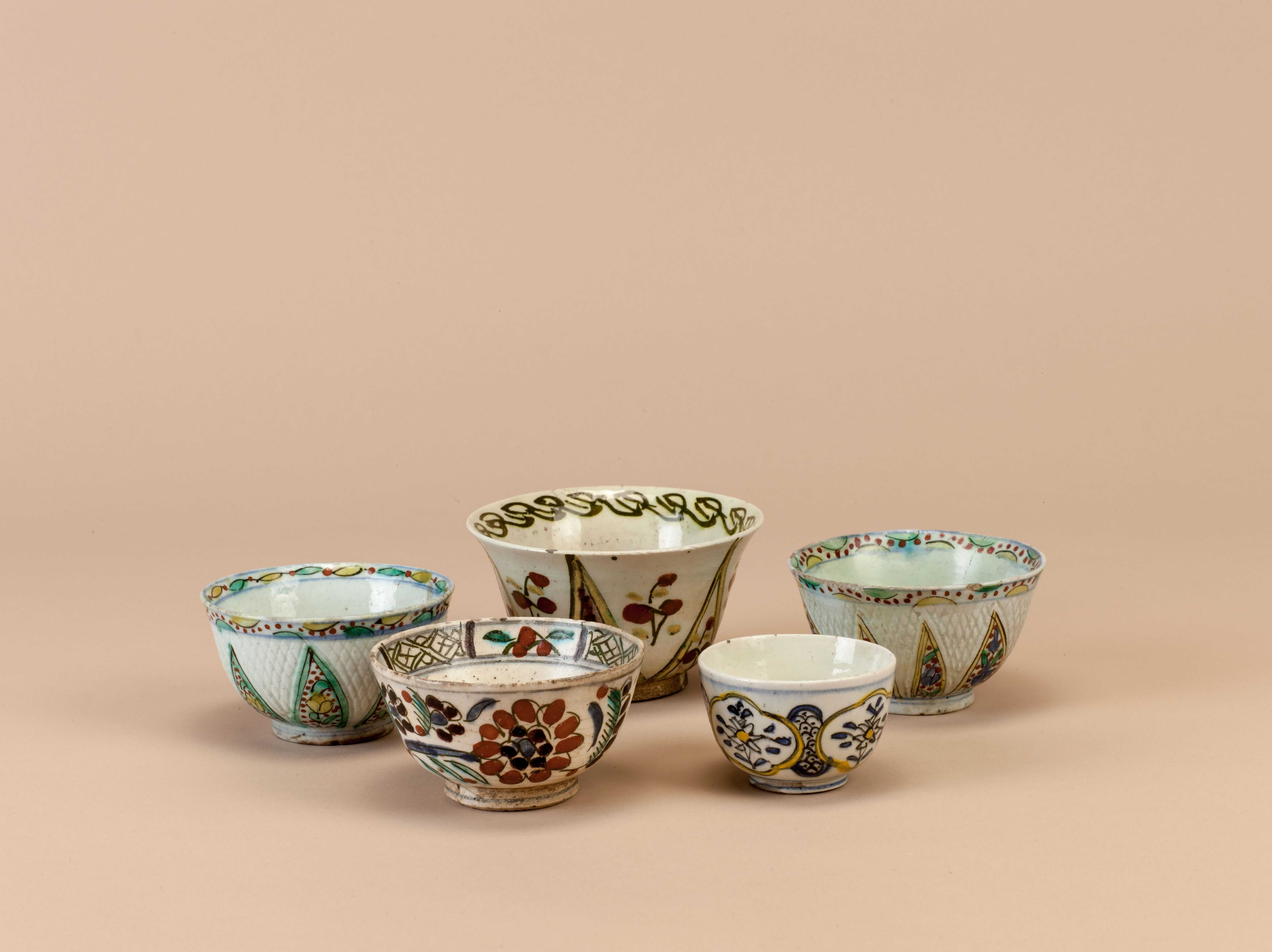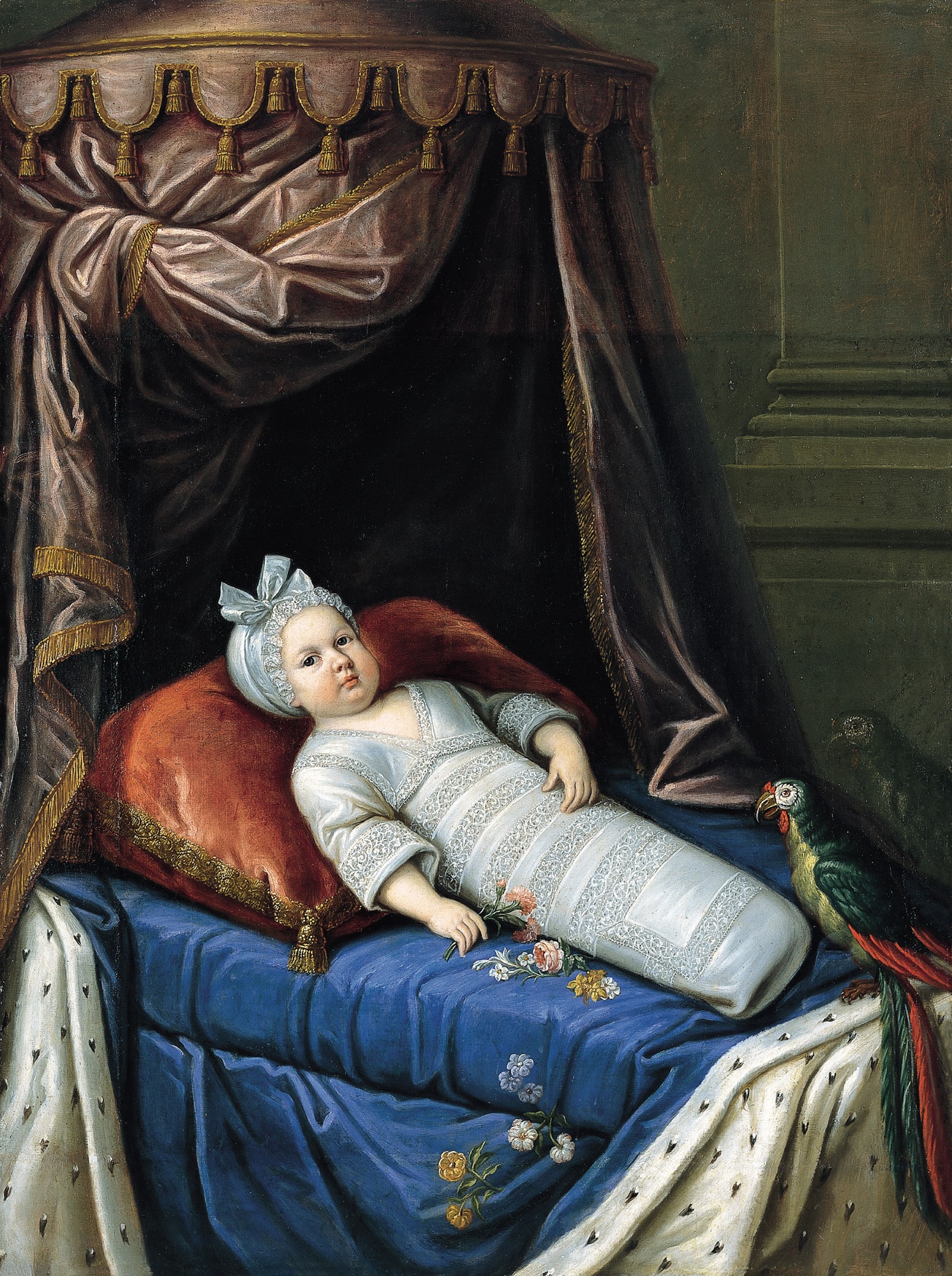Director: Tomasz Wasilewski
Cast: J Mateusz Banasiuk, Marta Nieradkiewicz, Bartosz Gelner
Poland; 93’, 2013, color
Polish with Turkish subtitles
The film follows the story of Kuba, an aspiring professional swimmer who falls in love with another man to the disapproval of his mother and to the surprise of his girlfriend, who tries to hold on to him and their relationship. Premiering at the 2013 Tribeca Film Festival in New York City, the film is the first Polish production that primarily deals with the topic of same-sex relationships. Set in Warsaw, the film is noted for using the urban landscape and its largely clean, straight aesthetic as a means of conveying the existence of these strict pre-existing social conventions, which the film's storyline attempts to deviate from.
Trailer

Coffee was served with much splendor at the harems of the Ottoman palace and mansions. First, sweets (usually jam) was served on silverware, followed by coffee serving. The coffee jug would be placed in a sitil (brazier), which had three chains on its sides for carrying, had cinders in the middle, and was made of tombac, silver or brass. The sitil had a satin or silk cover embroidered with silver thread, tinsel, sequin or even pearls and diamonds.

1638, the year Louis XIV was born –his second name, Dieudonné, alluding to his God-given status– saw the diffusion of a cult of maternity encouraged by the very devout Anne of Austria, in thanks for the miracle by which she had given birth to an heir to the French throne. Simon François de Tours (1606-1671) painted the Queen in the guise of the Virgin Mary, and the young Louis XIV as the infant Jesus, in the allegorical portrait now in the Bishop’s Palace at Sens.
Tuesday - Saturday 10:00 - 19:00
Friday 10:00 - 22:00
Sunday 12:00 - 18:00
The museum is closed on Mondays.
On Wednesdays, the students can
visit the museum free of admission.
Full ticket: 300 TL
Discounted: 150 TL
Groups: 200 TL (minimum 10 people)